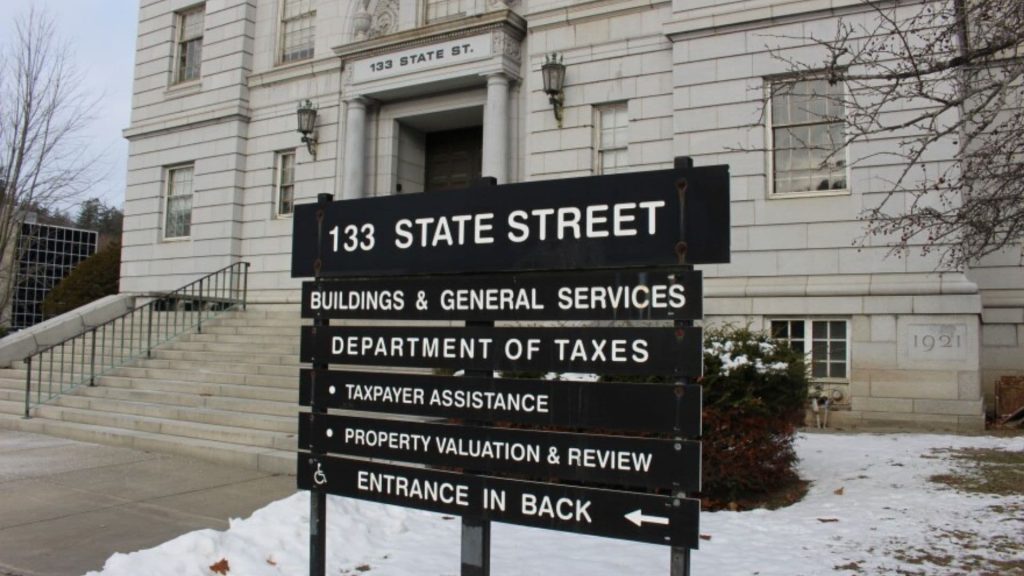
Navigating Vermont real estate withholding tax can seem daunting, but understanding this key aspect of property transactions in the Green Mountain State is crucial for sellers and buyers alike. Vermont real estate withholding tax essentially requires buyers to withhold 2.5% of the property’s purchase price when a non-resident seller is involved, ensuring the state collects taxes on any capital gains from the sale. The withholding tax safeguards Vermont’s tax revenues by collecting an advance deposit of income tax on gains from real estate sales by non-resident sellers. This tax applies broadly to non-residents selling property in Vermont, but there are processes in place for sellers to obtain a reduced withholding certificate if their actual income tax liability is lower. The withholding amount must be remitted by the buyer or their attorney to the Vermont Department of Taxes, usually within 30 days following the closing. Residents of Vermont are not subject to this withholding. Understanding how Vermont’s withholding tax works, its rates, exemptions, filing requirements, and refund procedures helps ensure sellers comply with state laws and avoid surprises during closing.
What Is Vermont Real Estate Withholding Tax?
Vermont real estate withholding tax is a state-mandated withholding on the proceeds from the sale of property by non-resident sellers. The tax rate is generally 2.5% of the sale price or 6.5% of the capital gain, whichever is greater. This withholding acts as an advance payment on the seller’s Vermont income taxes related to the property sale and is collected to ensure compliance and proper tax payment.
Who Is Subject to Withholding?
This withholding tax applies only to sellers who are not Vermont residents. If the seller resides in Vermont, they are exempt from this withholding. The buyer or the buyer’s attorney typically handles withholding and remitting the tax on behalf of the seller to the Vermont Tax authorities.

How Is the Withholding Amount Calculated?
The standard withholding is 2.5% of the total purchase price. However, if the actual capital gain results in a higher tax liability based on Vermont’s income tax rates (up to around 9%), the withholding may increase to 6.5% of that gain. Sellers can apply for a Certificate of Reduced Withholding by providing documentation of their adjusted gain and tax liability, potentially reducing the amount held at closing.
Process at Closing
At closing, the buyer or their representative withholds the required amount from the purchase price, forwards it to the Vermont Department of Taxes, and files Form RW-171 within 30 days. If the seller has a Commissioner’s Certificate proving exemption or prepayment, withholding may not be necessary.
Filing and Refunds
After the sale, sellers must file a Vermont income tax return for the year of the sale showing actual gains and tax owed. If the withholding exceeds the tax due, the state issues a refund. Conversely, if it is insufficient, the seller must pay the difference.
Exemptions and Special Cases
Certain sales may be exempt or subject to different withholding rules, such as sales under $100,000 or transactions where no taxable gain occurs. Installment sales might involve annual withholding on installment payments rather than a lump sum.
Why Vermont Withholding Matters
The withholding tax protects Vermont’s revenue by ensuring taxes on gains from property sales are paid upfront before funds leave the state. It balances protecting sellers and the state’s tax interests, making awareness essential for smooth real estate transactions.
FAQs
Q: Who must pay Vermont real estate withholding tax?
A: Non-resident sellers of Vermont real estate must have 2.5% of the sale price withheld at closing.
Q: Can the withholding amount be reduced?
A: Yes, sellers can apply for a Certificate of Reduced Withholding based on the actual capital gains tax liability.
Q: Is Vermont withholding tax required for residents?
A: No, Vermont residents are exempt from the withholding tax.
Q: Who is responsible for sending the withholding tax to Vermont?
A: The buyer or the buyer’s attorney remits the withholding amount to the Vermont Department of Taxes.
Q: What happens if too much tax is withheld?
A: Sellers can claim a refund when filing their Vermont income tax return after the sale.